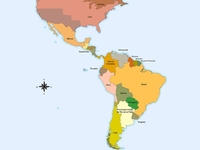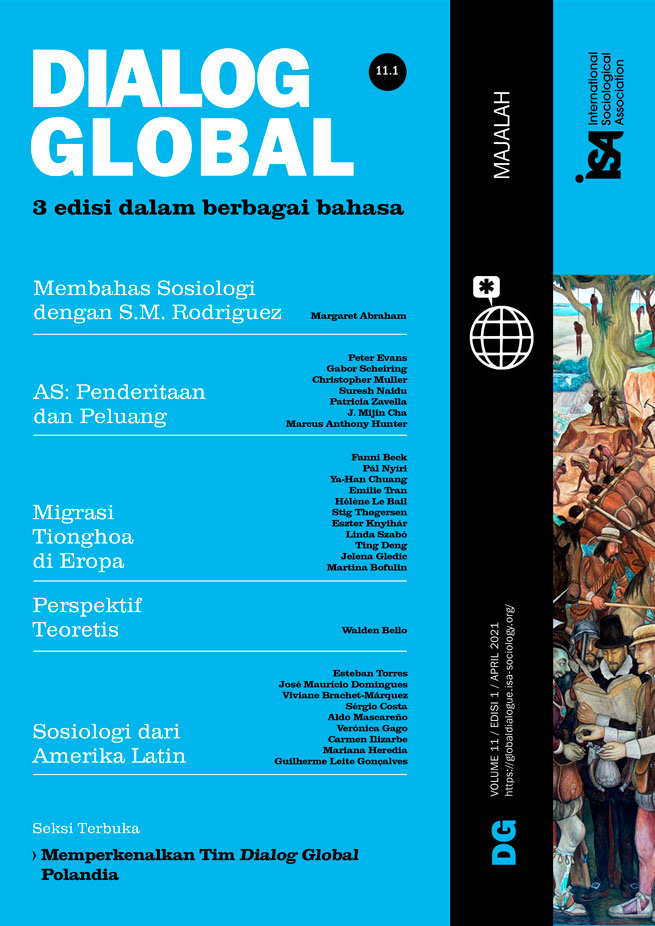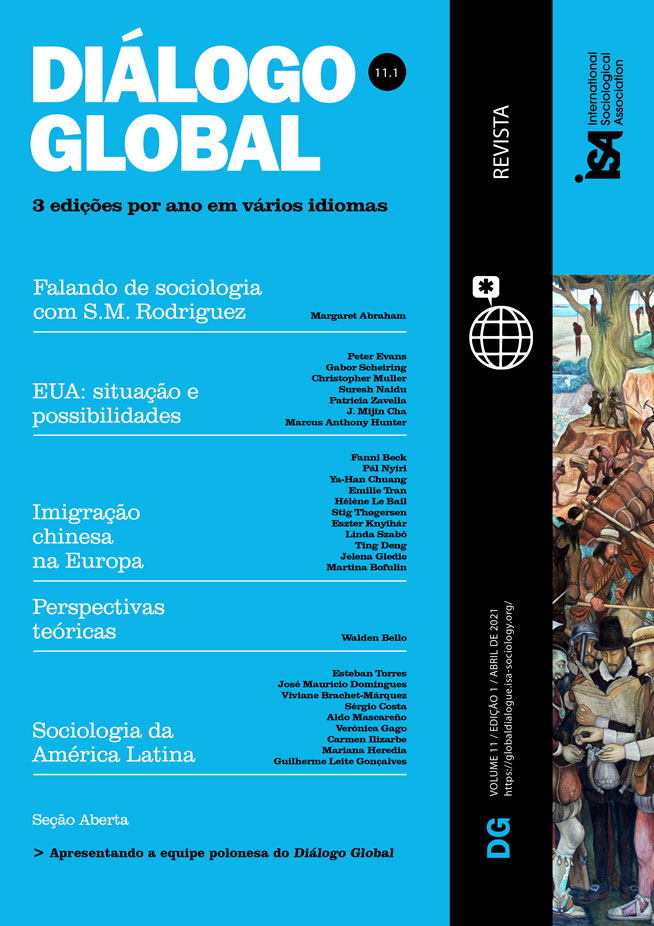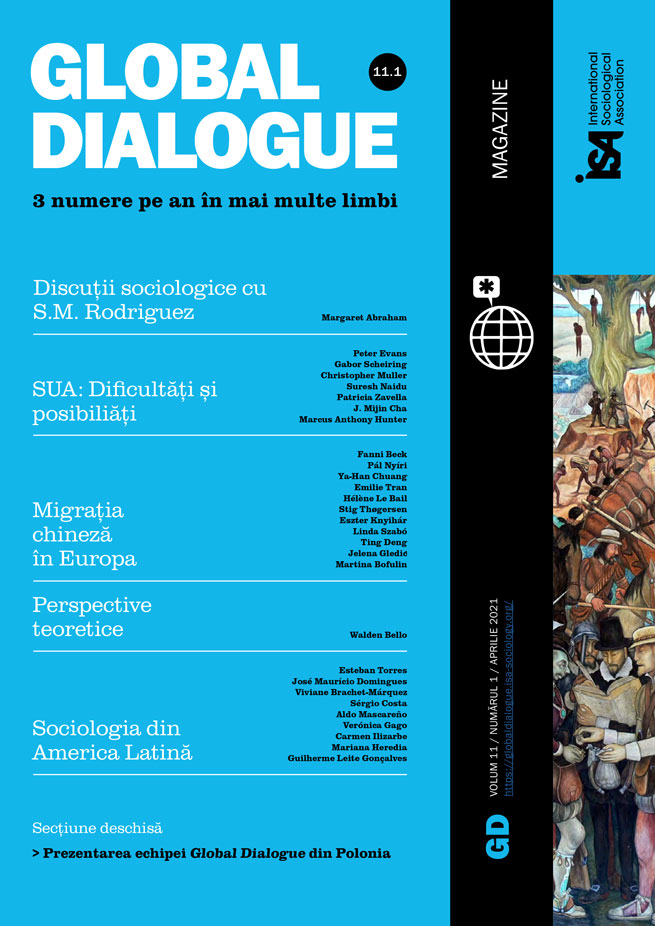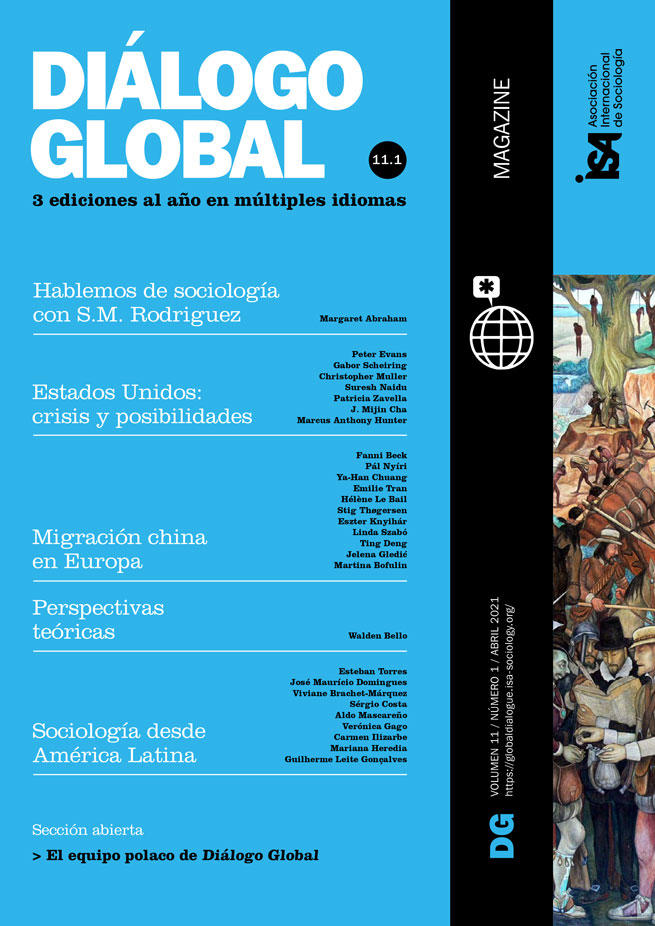The investigation that I develop in my book Neoliberalism from Below: Baroque Economies and Popular Pragmatics[1] aims to discuss the notion of neoliberalism, how to historicize it in our region, deepen theoretical debates, and trace genealogies based on struggles, with the goal of challenging the idea that neoliberalism is synonymous with the market and the opposite of state intervention. These debates are also concerned with characterizing the post-neoliberalism scenario in reference to Latin America.
“Neoliberalism from below”
My attempt is to go beyond the definition of neoliberalism as a set of policies from above, as structural planning. Also, the formula “neoliberalism from below” that I have proposed reflects the need to recognize popular attempts to resist and reformulate neoliberal dispossession. By adopting this perspective, I seek to challenge totalizing readings of neoliberalism as well as those analyses that understand it exclusively in terms of the definitive defeat of subaltern subjectivities.
In contrast, I am interested in the plurality of dimensions in which continuities and discontinuities of neoliberalism are both at play, referring to deeper logics than those referenced by the political system. I research the concrete functioning of neoliberalism from below in what I call “baroque economies” – a term for the “mottling” of times and logics of operations, of the production of saturated spaces and of plebeian initiatives – as a way of naming the political constitution of popular economies as terrains of struggle where “neoliberal reason” (a supposed norm of pure mercantile calculus) is appropriated, ruined, transformed, and relaunched by those who are supposed to be merely its victims.
Struggles within and against neoliberalism are struggles against dispossession and against financial apparatuses as a private solution to those dispossessions and as a new form of value extraction. These practices reveal the heterogeneous and ambiguous nature of the dispute between obedience and autonomy in the interpretation and appropriation of neoliberal conditions.
If we agree that neoliberalism responds to certain cycles of struggle that hence, impact its scale of violence, the question is thus: How to identify neoliberalism’s forms of persistence and recombination and to simultaneously resist the assumption that neoliberalism can eliminate all antagonisms by equating life and capital? Put another way: What types of antagonism does neoliberalism incorporate and what conflicts cause it to mutate?
A feminist approach to neoliberalism
My recent research continues to focus on a feminist reading of neoliberalism. I am referring to two recent books: A Feminist Reading of Debt (co-authored with Luci Cavallero)[2] and La potencia feminista. O el deseo de cambiarlo todo.[3] An analysis of neoliberalism has been a central feature of contemporary feminisms and therefore constitutes a crucial element of their internationalism. This is the case, first, because that analysis is a concrete interpretive key for identifying conflicts that were not previously understood as such, and mapping their connections. Second, it allows us to debate and challenge the ways neoliberalism translates and manages conflicts, through multiculturalism or subordinated inclusion that pacifies struggles. Lastly, it enables a diagnosis of the conservative reaction that has been unleashed against feminism’s transnational force, especially in Latin America.
That perspective frames a reading of the violence of neoliberalism that accounts for structural adjustment measures, as well as the way that exploitation takes root in the production of subjectivities that are compelled to precarity and nevertheless fight to prosper in structural conditions of dispossession.
I work on four scenes of violence: (1) The implosion of violence in homes as an effect of the crisis of the figure of the male breadwinner, and his subsequent loss of authority and privileged role in relation to his position in the labor market; (2) the organization of new forms of violence as a principle of authority in popular sector neighborhoods, rooted in the expansion of illegal economies that replace other modes of provisioning resources; (3) the dispossession and looting of common lands and resources by transnational corporations, and thus the deprivation of the material autonomy of other economies; and (4) the articulation of forms of exploitation and value extraction for which the financialization of social life – particularly through the apparatus of debt – is a common code.
Analyzing neoliberalism and extractivism together is crucial for understanding the imperial dimension of neoliberalism (which is not always underscored in Euro-Atlantic perspectives), as well as in detecting the very source of the current violence.
Many feminist scholars suggest that the relationship between patriarchy and capitalism has shifted to reflect an even greater global reliance on reproductive labor. This raises the question: Why is neoliberalism mutating in this way?
Financial extractivism
I am currently focusing on how financialization creates novel ways to (re)organize production and reproduction. But to understand how debt extracts value from domestic economies, non-waged economies, and historically non-productive economies in Latin America, we must see financial apparatuses as true mechanisms of both the extraction of value and the moralization of unfulfilled gender mandates – that is, of a certain articulation between reproduction and production. We have analyzed (Cavallero and Gago, 2020) how this indebtedness has intensified to the point of colonizing everyday reproduction, taking advantage of gender mandates, while also responding to a demand for greater economic autonomy on the part of women, lesbians, and trans women in the heat of feminist mobilizations. Finance, run through with technical complexity and conceived with regard to its everyday impact, should be understood in terms of an extractive logic of capital, organizing what we call “financial extractivism.”
As I understand it, these features also show why the collective subjectivation deployed by feminist revolts today – in their popular, indigenous, dissident, queer, black forms, along with other compositions and territorialities – is a key component in the battle against neoliberalism’s power of limitless mutation (the infinite utopia of financialization).
(Translated in English by Liz Mason-Deese)
[1] Originally published in Argentina by Tinta Limón in 2014 and then in Spain in 2015 by Traficantes de Sueños; in the United States in 2017 by Duke University Press (translated by Liz Mason-Deese); in Bolivia in 2018 by Autodeterminación Editorial; in Brazil by Editora Elefante (translated by Igor Peres); and in a shortened version along with other essays, in France in 2020 by Raisons D’Agir (translated by Mila Ivanovic).
[2] Published in Argentina in 2019 by the Rosa Luxemburg Foundation; in Italian in 2020 by Ombre Corte (translated by Nicolás Martino); and in English in 2021 by Pluto Press (translated by Liz Mason-Deese).
[3] Published in Argentina in 2018 by Tinta Limón; in Brazil in 2020 by Editora Elefante (translated by Igor Peres); in Peru by La Siniestra; in Mexico by Pez en el Árbol; and in English in 2020 by Verso, under the title Feminist International (translated by Liz Mason-Deese).
Verónica Gago, Universidad de Buenos Aires-UNSAM-CONICET, Argentina <verogago76@gmail.com>





